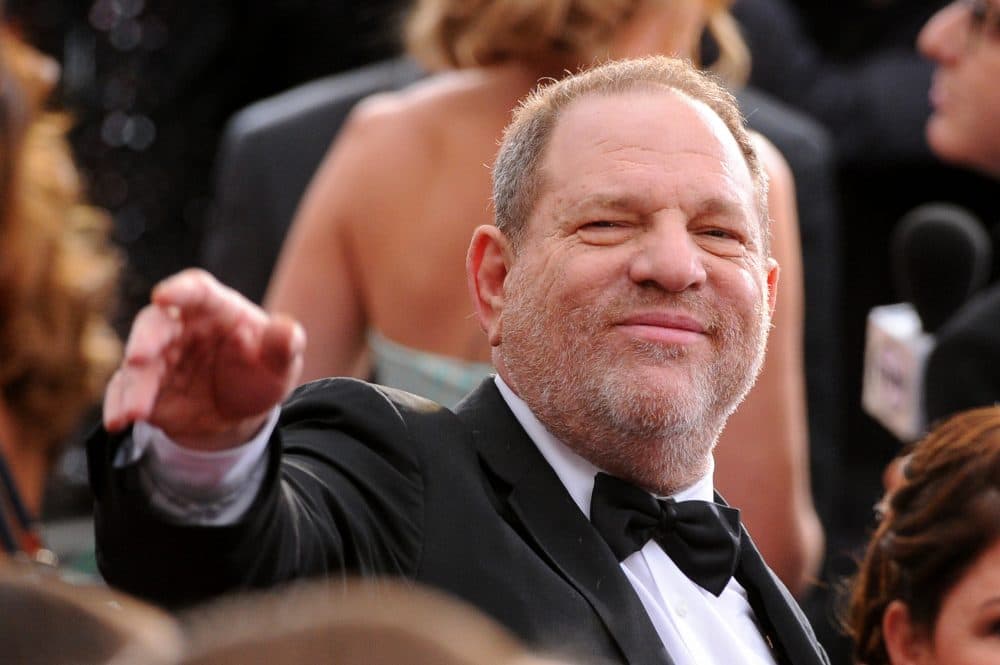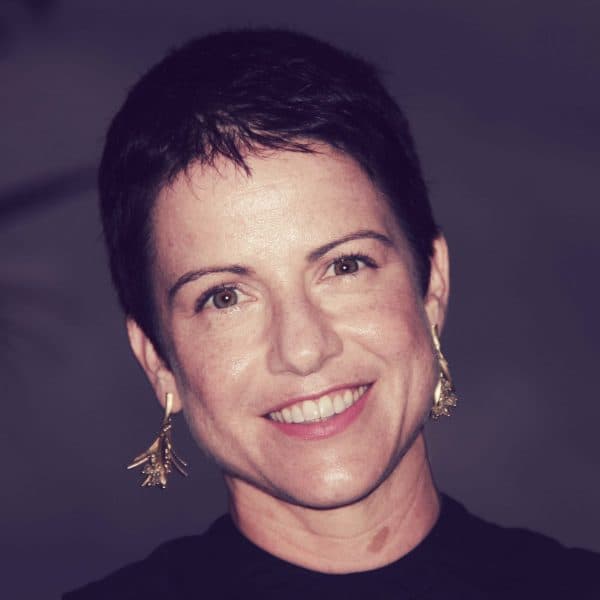Advertisement
Commentary
I Know Why Women Do Nothing When They're Harassed — Because I'm One Of Them
Resume
I once had to travel 90 miles in a van with five men to a business meeting. My boss thought it would be entertaining to spend that time discussing my preferred sexual positions. It was 7 a.m. I had pulled an all-nighter to prepare the meeting’s materials. I was 23-years-old.
I held the other men in the van in great esteem. They were titans of Wall Street, heavy-hitters who were known for taking some of the greatest American corporations to market. They weren’t the stuffy Connecticut types like my boss; they lived in Soho lofts back when Soho was edgy. They outranked my piddly little boss in power and cache, or so I thought.
They didn’t say a word.
My boss went on. Goaded by my horror, he riffed on details of what he imagined to be my sexual predilections. He had recently learned I was dating a co-worker, a fellow analyst, and the idea captured his imagination. On he went. Ascribing sexual acts to me that I still, frankly, don’t know the meaning of.
I returned that evening to corporate headquarters. I worked at an investment bank in the middle of a recession and I knew that I was one of the lucky ones. That this was the gate to riches if only I worked hard enough and didn’t complain. And if I did? There were thousands of gunners, ready to take my job at any moment. So I did good work. No, I did great work. I was top-ranked in my analyst class. I was also poor. I had staggering student debt. My family had taken out usurious loans to see me through college. This wasn’t just a golden ticket for me, but for my entire family.
Still, I decided I was going to take my complaint to the head of investment banking. There were whisperings in that thinly-branched women’s grapevine that he was a fair man, that he only cared about people who delivered. Of course he didn’t know me, but my records showed I could produce. But what if he didn’t believe me? Finance is a small industry. What if I was branded as a troublemaker? I marched down the hallway to his office, every inch of me quivering.
When I got there, he had gone for the day.
The next Monday, my boss left the firm in one of those swipes financial firms take at one another. He had the gall to ask if I wanted to come along with the rest of the team. I hung up on him.
And so I never reported his harassment.
Social media today throbs with questions about why women don’t come forward. Why do they seemingly wait until there’s an avalanche of accusations? The answer is obvious: We are afraid we won’t be believed. And even if we are, how can we be sure we won’t be blackballed, forever punished professionally?
Every case of harassment requires that kind of calculation: how bad was it, how damaging? Is my human dignity so insulted that it’s worth the risk? It’s not so different for those holding corporate power. Board members and executive committee members are easy scapegoats for the seeming epidemic of looking the other way. But the scapegoating assumes these same persons in power have no pressures. Firing a high-level, high-producing executive is a risky enterprise. It hurts the entire company in the short-term. It subjects the entity to possible litigation. And so the Harvey Weinsteins of the world too often stay secure, free to harass their next victim.
In some ways, the Weinstein story holds a fun-house mirror to the realities everyday women face in the workplace. While many of us have stories, few are as salacious. It would be a terrible shame if we squandered this moment to have a broader conversation about harassment and the ways to address it because we are focusing on a single, albeit horrifying, Hollywood story. Obscure harassers, no less than the famous, exact a high cost across businesses, non-profits, academic institutions and government.
We must insist boards of directors and shareholders undertake a long-term view of human capital. How many talented individuals leave companies after such incidents? How much future revenue, how many hits has Miramax squandered?
Today, as the news resonates, every person of power in corporate America needs to pause and think about the tremendous opportunity cost of abetting a serial sexual harasser. We need to evaluate the avenues available to the powerless in reporting incidents. And we need to believe them, even when we don’t want to. Especially, when we don’t want to. We need clear-eyed analysis and to accept such analysis, particularly when it impacts next quarter’s earnings.
As more news about Weinstein continues to trickle out, one striking inefficiency reveals itself: Women went to great lengths to warn one another and protect one another. We do the same in multiple industries. We pull one another aside, look out for the most vulnerable in the herd. Imagine if those same efforts were put toward productivity? Imagine if our whispered conversations could be about a new idea or innovation?
America has an incredible wealth of talented, educated and inspired young people. It’s beyond time those who’ve entered the halls of power make sure such talent can be put toward better use than protecting one another from lechers.
This segment aired on October 16, 2017.
